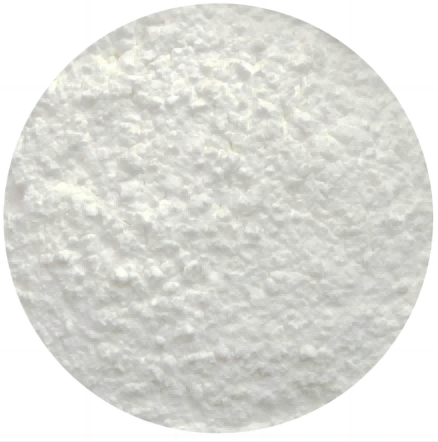La carbamoilcisteína (CMC) es un derivado del aminoácido. Se obtiene haciendo reaccionar cisteína con una molécula de formamida.


S-carboximetil-L-cisteína CAS#2387-59-9
La carbamoilcisteína (CMC) es un derivado del aminoácido. Se obtiene haciendo reaccionar cisteína con una molécula de formamida.
Propiedades físicas y químicas: Polvo cristalino blanco; inodoro, ácido; soluble en agua (solubilidad 1,6g/L), insoluble en acetona y éter.
Solubilidad: La carboximetilcisteína es fácil de disolver en agua, también se puede disolver en algunos disolventes orgánicos. Oxidabilidad: La carboximetilcisteína es una sustancia fácilmente oxidable, y cuando se somete al oxígeno u otros agentes oxidantes, puede convertirse en disulfuro de carboximetilcisteína (disulfuro de carbamoilcisteína) u otros productos de oxidación.
Bioactividad: La carboximetilcisteína desempeña un papel importante en los organismos vivos. Interviene en procesos como el plegamiento y la estabilización de proteínas, la regulación del estrés oxidativo y la catálisis de algunas reacciones bioquímicas. Tratamiento de enfermedades respiratorias: La carboximetilcisteína se utiliza en el tratamiento de enfermedades respiratorias como la enfermedad pulmonar obstructiva crónica (EPOC) y el asma bronquial. Tiene propiedades secretoras y osmóticas que mejoran el drenaje del moco y la permeabilidad bronquial.
Formulaciones broncodilatadoras: La carboximetilcisteína puede utilizarse como broncodilatador en formulaciones para ayudar a estirar los músculos bronquiales y mejorar la permeabilidad respiratoria.
Aplicaciones antioxidantes: La carboximetilcisteína tiene propiedades antioxidantes que reducen el daño intracelular de los radicales libres en el ADN, las proteínas y los lípidos.
Aplicaciones: Puede promover el metabolismo y la reparación de las células de la piel, con efectos antioxidantes, hidratantes y blanqueadores. También puede utilizarse en la elaboración de productos sanitarios y emulsionantes proteicos.
Our professional sales team are waiting for your consultation.